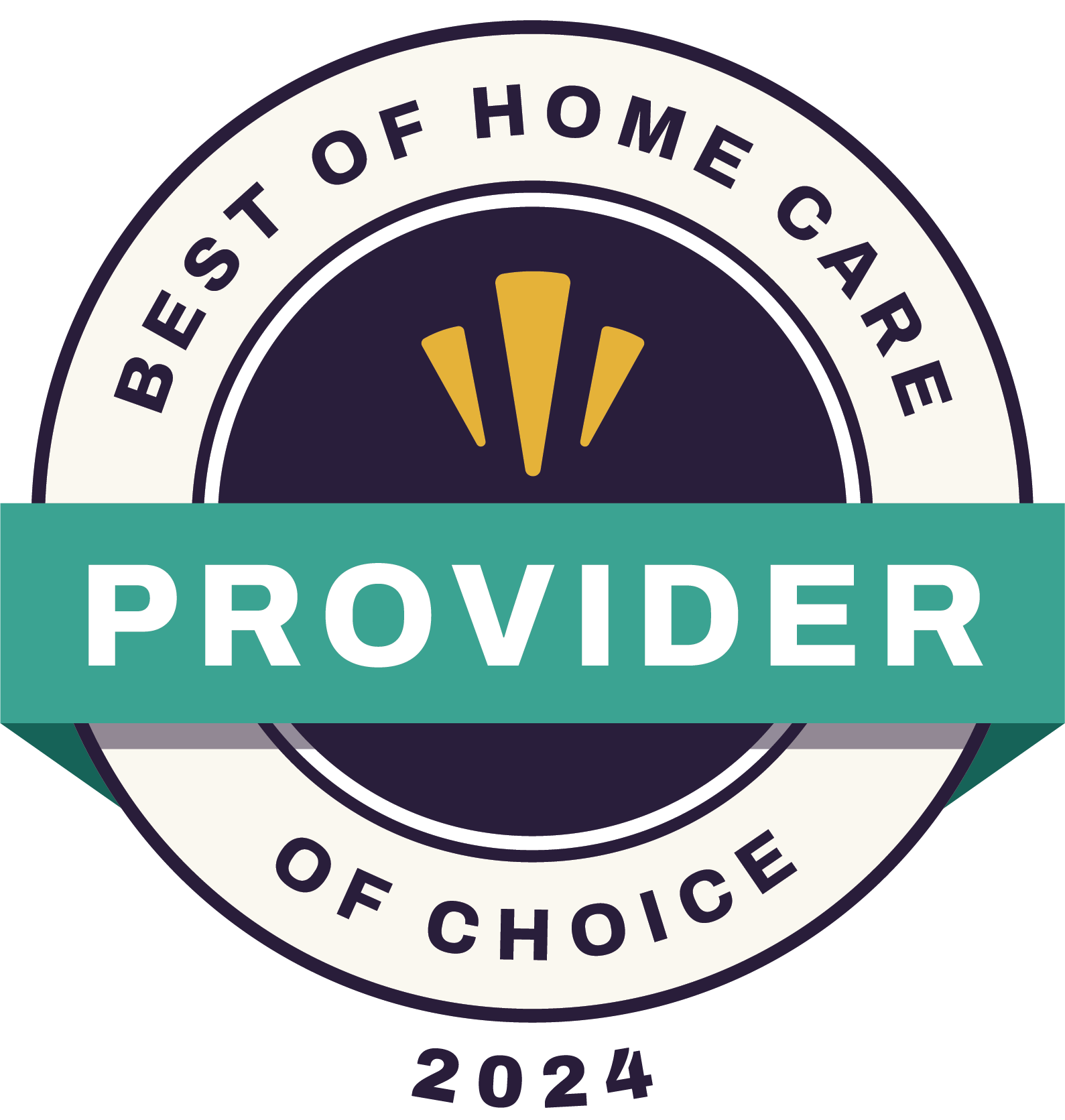Transitioning from Hospital to Home for Seniors
Transitioning from hospital to home care allows seniors to recover from the comfort of their homes while receiving personalized care. It eliminates the anxieties of being in an unfamiliar environment and offers great convenience to the patient and family caregivers. Well-coordinated home care supports the patient's recovery, allowing them to continue enjoying independent living, as many older adults prefer aging in place.
However, a smooth transition from hospital to home care helps prevent the risk of readmission. Statistics indicate high 30-day hospital readmissions, with New York among the states with the highest readmissions. We will discuss some key factors in facilitating a smooth transition in this post.
Transitioning from Hospital to Home: Preparing for Home Care After Hospitalization
It is advised that you should start preparing for home care at the beginning of the hospital or rehabilitation facility stay. This gives you enough time to prepare everything and ensure you sufficiently cater to the senior's care needs upon discharge to avoid compromising their recovery.
The first step is to talk with the senior to understand their desires and care preferences. They might prefer a family caregiver instead of a stranger caring for them. However, you need to discuss this with the senior's physician to know whether their condition requires a professional caregiver or if a family member can care for them. In the latter case, a family member can care for them and earn from it if the situation qualifies for the state's Consumer Directed Personal Assistance Program (CDPAP).
At the same time, you should review the senior's insurance coverage to understand the home care services benefits available. The hospital's care manager can assist you in preparing for the transition. They can help you learn how to prevent potential risks of transitioning from hospital to home, such as medication errors, over-exertion, and injury. In addition, you can request them to recommend a professional to evaluate the senior's home for safety.
Medication Management and Follow-Up Care
Medication errors expose seniors to serious dangers. Confusion, memory lapses, and other side effects cause complications that sometimes call for readmission. In some cases, medication errors can be fatal.
Proper medication management is vital to ensure the senior or the person caring for them administers the right medicine in the correct dosages at the right time. Everyone who takes part in the care should also know basic medication safety tips, such as keeping medication at the proper temperature (as directed), avoiding combining medication in one bottle, and maintaining a list of the medicine. Keep an up-to-date list of the medications to ensure you can refill prescriptions on time.
In addition, you should find out about follow-up care and communicate scheduled appointments with the caregivers to ensure they do not miss.
Rehabilitation and Recovery at Home
Home rehabilitation following hospital discharge is essential, especially if the senior had an operation, has a chronic ailment, or any other condition requiring a rehabilitation specialist visit. For instance, receiving dementia care at home where possible is preferable as an unfamiliar environment is likely to make them anxious, compromising their recovery.
Besides avoiding stressors, home care also promotes recovery due to the personalized approach. The senior receives therapy in a practical environment, enabling them to regain independent living easily. It's also convenient for seniors and their caregivers and may be more affordable.
Fostering Comfort and Healing Post-Hospitalization
Home care services' primary goal is to foster comfort and healing post-hospitalization. It allows seniors to recover within the comfort of their homes, away from the stressors of unfamiliar environments.
One of the most vital factors for a smooth hospital-to-home transition is ensuring the senior receives assistance with activities of daily living as needed (personal care, shopping, preparing meals), medication management, and follow-up appointments. It's also important to discuss with their physician safe physical and social activities they can engage in and create a schedule for the activities.
Transitioning from Hospital to Home: Contact Elite Home Health Care
At Elite Home Health Care, we provide quality home care to promote independence and healthy living. If you need help planning and executing a smooth transition of your loved one from hospital to home, contact us and let us connect you with one of our professional caregivers.
Written by: Leah Ganz
Leah Ganz, RN, BSN is the Director of Patient Services at Elite Home Health Care. She has an extensive background in homecare and previously worked in various specialties including pediatrics, pain managemnet and internal medicine. She oversees allpatient services across Elite's departments.



